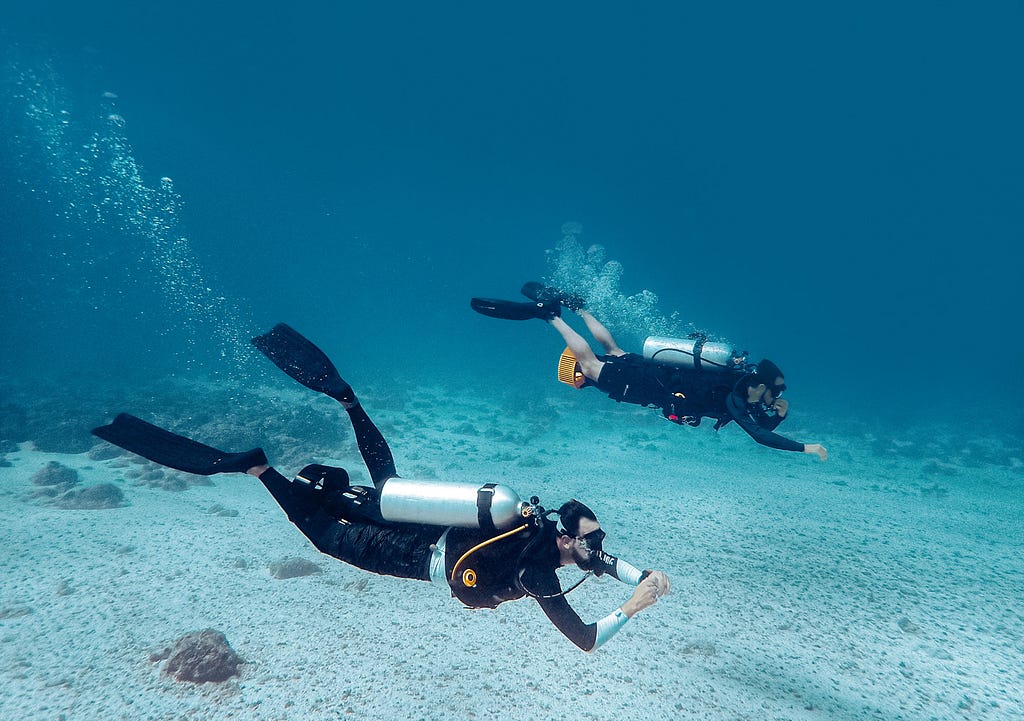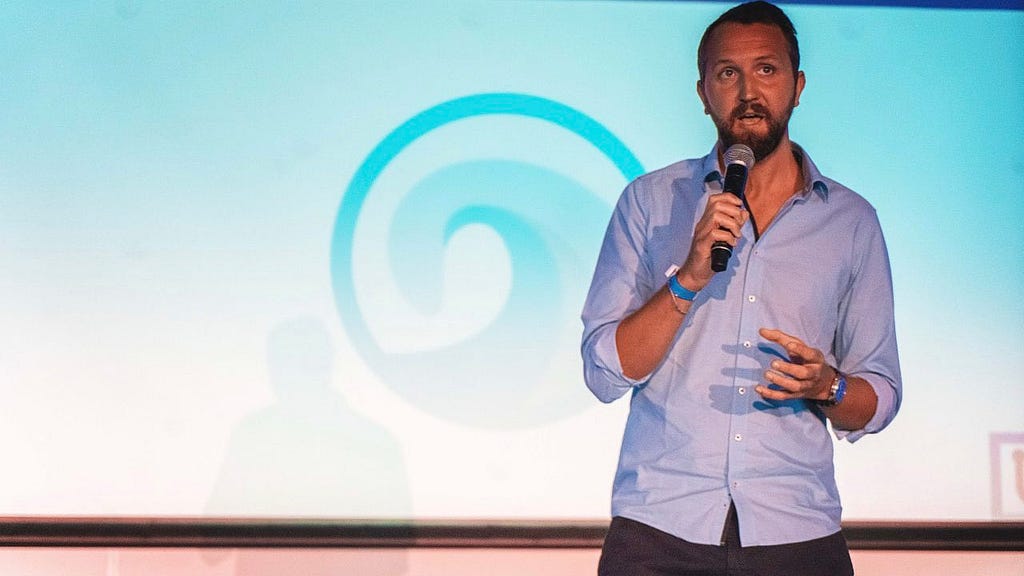Welcoming our new COO, Milan Jandik

If you caught our SEAstream this week (watch again on Twitch), you will have heard the news that SEA has a new COO! It’s a new role, but if you’ve followed our project for a while you’ll recognise the face — our new COO is none other than underwater filmmaker, conservationist and crypto innovator, Milan Jandik.
By way of introduction, here’s a little transcript of an introductory chat with Milan and our CEO James.
James: Seems a little late to say this, but welcome officially to the SEA team!
Milan: Never too late! It is my utmost pleasure to be part of this team.
J: What’s your background in ocean conservation?
M: After my first jobs in Africa, filming in reservations all over the continent. My first steps in ocean conservation were on the South African coast at False Bay, helping a research vessel of sharkspotters with ID shots of white sharks. In the following years, I transitioned into underwater filmmaking and helped with various conservation efforts in cooperation with the Manta Trust and Olive Ridley Project.
J: What kinds of films were you making? Can we see your work anywhere?
M: Most of my stuff was done for NGOs and ocean conservation projects, you can find it on their channels and platforms occasionally.
J: You’ve been working in crypto in a lot of different ways for a while now — what experience have you built?
M: I started with crypto and blockchain in 2015, getting hooked over the following years by the sheer number of untapped innovations that reside in the technology. I followed the development of my favourite projects like OriginTrail closely as the main inspiration for my jump into the industry in 2020. First I worked with smaller projects, learning the ropes, before creating Frictionless Network and the Token Alliance. I have had various consultancy jobs, one of which was at a project called SEA, of which I am now the freshly baked COO — it’s one of the greatest honours of my life.
J: Interesting — what was it about projects like OriginTrail which got you hooked?
Their presentation never was about the buzzwords blockchain or cryptocurrency, they are concentrating on solving supply chain problems and thus attract those industries that suffer from it. If you have a tool that simplifies old ways, you will have interest, it is that easy actually.
J: So how did you first come across the SEA project?
M: I had it on my list of “projects with potential” for a while, but it was my girlfriend, Kristina, who strengthened my belief in the project after she showed me how colleagues of hers and friends of ours talked about it.
J: Wow so you first heard about it through the marine conservation community?
M: Yes exactly, foremost through Kristina and our network.

J: What do you expect to be doing in your new role as COO? What are your goals for SEA over the next, say, 12 months?
M: As COO I am taking care of the health of the project, which includes vital organs like financial stability through partnerships or day-to-day operations. My extensive conservation network for example opens doors for the project which will be elemental to its development. Over the next 12 months, I will oversee the development and intertwining of blockchain and marine science which is unprecedented for both sectors. In detail, we will launch our Algorand ASA with a marketing campaign that addresses the crypto industry and the science world. With the launch of the token, the Nexus has its fuel. Throughout the alpha and beta we will create a foolproof system for a diverse set of data classes that will generate active participation in data uploads from retail and scientific contributors. Once the Nexus has been tested thoroughly, we are working on one of the most important parts of the project, the data licensing, so the tech can be self-sustainable and rewarding at the same time. We will onboard partners from all over the world, universities, NGO’s, and small citizen science projects. I will make sure that the Nexus will be the link that connects them all and the bridge to interoperability of conservation efforts.
J: And do you think we can do what we’re setting out to do? Can we achieve the level of impact we need, and halt the destruction of land and ocean habitats before it’s too late?
M: Like I mentioned before, if you provide a logical solution to something that is in dire need of innovation, success and progress follow. Our impact will be defined by the overall implementation of new ways to off-set the environmental crisis. It is about educating the right people and helping them to get their points across. In my opinion, we at SEA are doing exactly that.

Leave a Reply